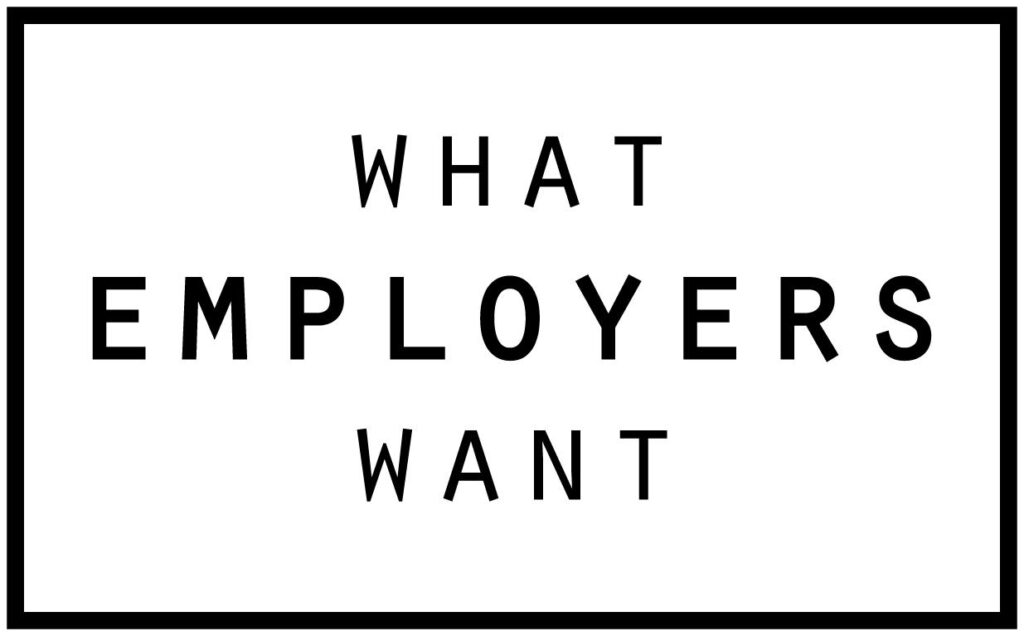What Employers Want – a new website to support young people into work

Whilst the latest labour market statistics show a continuing fall in the number of people out of work and unemployed, the figures for young people remain relatively high. In fact the UK is in the top five of OECD Nations for youth unemployment.
Reducing youth unemployment is a high priority for government and is the key driver of the traineeship programme and the target of 3 million apprenticeship places by 2020. However, to make secure and sustained transitions into employment, and to avoid the ‘churning’ effect of the low-pay, no pay cycle, young people need support to understand what they can do to impress employers and to make good progress during the early stages of their careers.
One of the challenges that young people face is overcoming the perception held by many employers, that new recruits are not ‘work-ready’ – this is commonly cited as a major barrier to businesses taking on young people. But what does this really mean and how can young people overcome this hurdle?
In response to this challenge, NIACE has been leading a major piece of work to enable young people who are starting their careers to understand what employers want from them and to actively develop the skills, experiences and attributes that employers’ value.
We brought together unemployed young people and around forty employers from across the UK. Young people were trained and supported to directly interview employers in their local areas to find out what skills and attributes they look for in young applicants and employees.
The result is What Employers Want – launched this week – a free resource which contains direct advice from employers to help 16-25 year olds secure a job and develop their careers.
What Employers Want shares the findings of the young-person led interviews alongside a series of short films in which employers – including Barclays, Spirit Pubs, Topps Tiles, Manchester Digital Laboratory and Sureline Support – highlight how and why young people will have the best chance to a great start to their career if they have:
- a positive attitude;
- ‘soft skills’ such as communication, problem-solving, time management, teamwork and show how they can work well under pressure;
- ‘hard skills’ with a high value on literacy, numeracy and IT skills;
- key qualifications or a commitment to boost their qualifications; and
- experience of part-time jobs, work-placements or work-experience or volunteering.
The website also contains all the materials that providers need to replicate this project. It offers a user-friendly, comprehensive and free resource to develop a set of activities that can be delivered as a standalone programme with unemployed young people, or as part of wider employment-focussed support for 16-25 year olds.
Young people benefit from engaging directly with employers – we are keen for learning providers and support agencies to use our resources and apply our tried and tested approach within their specific contexts. By doing so, providers will enable more young people to meet and interview employers and find out ‘what employers want’. The young people who took part in this project gained practical skills, confidence in interviews, links with employers and an improved understanding of what employers are looking for.
There were many benefits for learning providers and employers too, who welcomed the opportunity to talk to young people and were reminded of the energy, enthusiasm and fresh approach that young employees can bring to their businesses.
Lorraine Casey is a researcher at the National Institute of Adult Continuing Education (NIACE)











Responses